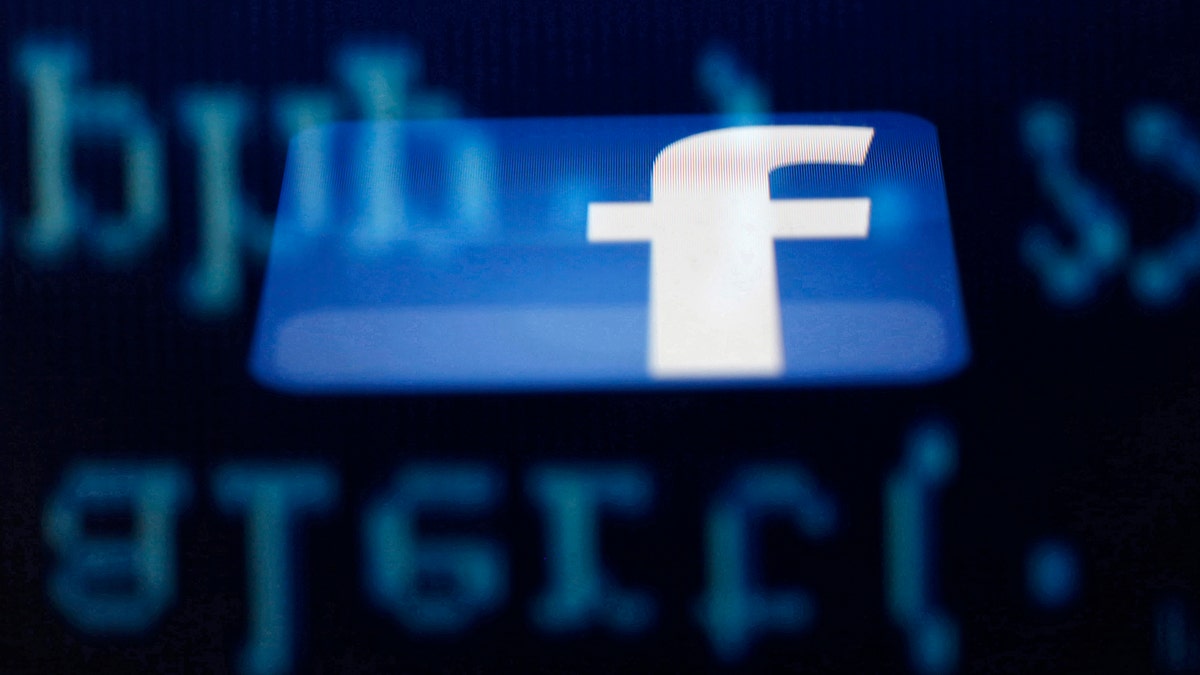
Photo illustration (REUTERS/Dado Ruvic).
For you, Twitter and Facebook may be little more than a way to waste some time at work, but for investigators in Rio de Janeiro, the two social media giants were key tools in taking down a suspected terror plot. According to the judge who oversaw the probe leading to the arrest last week of alleged Islamist militants in Brazil ahead of the 2016 Summer Olympics there, cooperation by Facebook and Twitter was "instrumental to understand the nature of discussions carried out by the suspects."
Judge Marcos Josegrei da Silva noted: "The companies began to provide data related to the content of the conversations and data about where those conversations were posted." While neither Facebook nor Twitter has commented on the details surrounding the case, spokespeople for both companies have noted a zero-tolerance policy for terrorism, and claim to fully cooperate with law enforcement and officials when necessary.
The continuing investigation has been named "Operation Hashtag," and concerns a suspected plot to carry out attacks on the upcoming Olympics, which are scheduled to begin on August 5. The alleged terrorists are said to have sympathies with Islamic State, but their activity on social media (platforms upon which IS and other extremist groups have previously found significant success in recruitment and spreading propaganda), ultimately led to their capture.
Said Judge da Silva, "There is no anonymity for those sorts of activities on the Internet."
More From Digital Trends
In recent months, social media companies have begun to play an increasingly important role in efforts to combat terrorism. At the very beginning of the year, top tech CEOs, including those from Twitter, Facebook, Microsoft, and Google, met with White House officials to discuss how to stop extremist groups from using social media to their advantage. More recently, a number of internet giants agreed to the EU's new hate speech rules, further establishing their stance against intolerance the world over.








































